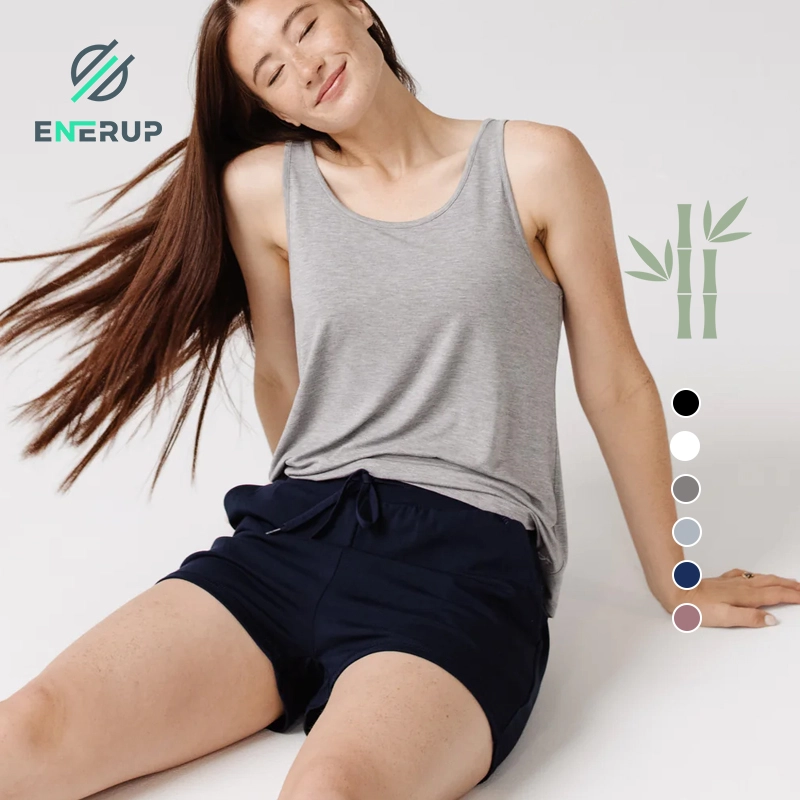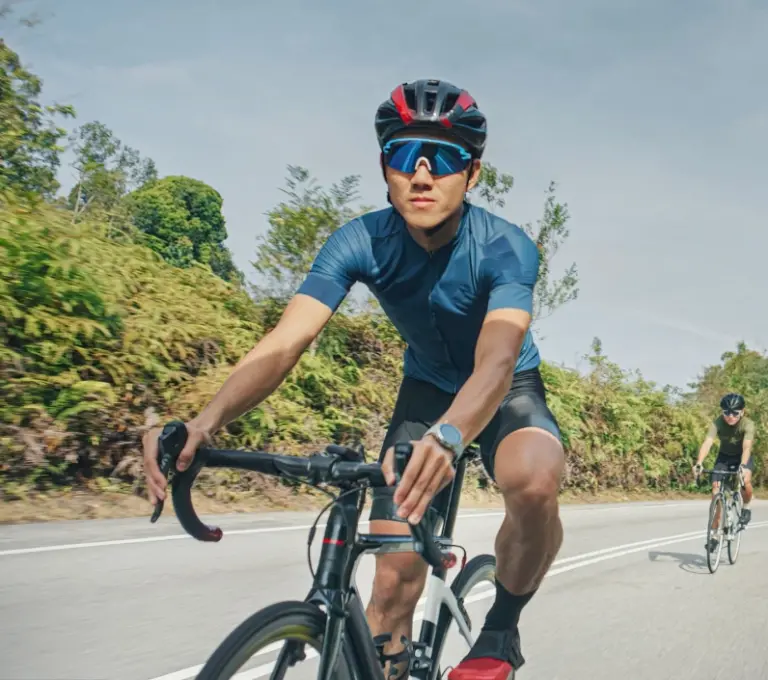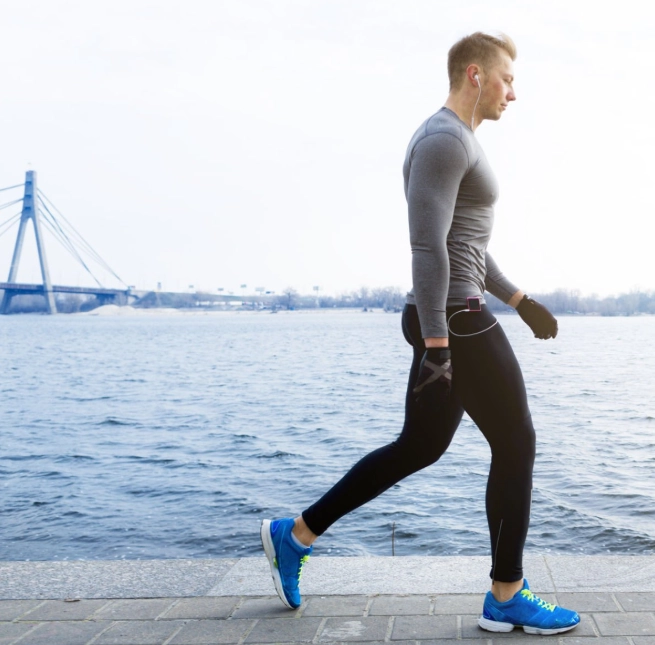Why Bamboo Clothing is Revolutionizing the Fashion Industry
Top 5 Bamboo Clothing Advantages You Can’t Ignore
Bamboo clothing is soaring in favor due to its exceptional qualities. These traits make it a leading option for daily attire. One prime bamboo clothing advantage is its inherent ventilation. This material permits air to flow easily. As a result, it keeps you refreshed in warm climates. Plus, it provides coziness when it’s cold. This distinct heat-balancing feature ensures bamboo clothing stays pleasant year-round.
Another essential perk is its moisture-drawing ability. Bamboo clothing fabric swiftly soaks up and releases perspiration. Consequently, your skin remains dry all day. This makes it perfect for sportswear, such as bamboo gym clothes. Also, bamboo offers natural sun protection. It guards you from damaging rays effectively.
For those with delicate skin, bamboo clothing transforms their experience. It’s allergy-safe and lacks harsh additives. Thus, it cuts irritation noticeably. This suits even people prone to sensitivities. Another reason bamboo clothing excels is its smell-blocking power. The fabric naturally curbs odor-causing germs. So, your outfits stay fresh longer.
How Bamboo Fabric Outperforms Traditional Materials
When pitted against cotton, polyester, and hemp, bamboo clothing fabric shines in many ways. Cotton feels tender. Yet, it misses moisture-pulling traits. Therefore, it struggles in steamy, damp settings. Polyester dries rapidly. However, it traps warmth and lacks airflow. This often leads to unease. Hemp is earth-friendly. Still, it usually feels coarser and less bendable than bamboo fabric.
Bamboo clothing merges softness, toughness, and airiness seamlessly. Its heat-managing skill promises comfort in any weather. Plus, its sleek surface offers a lavish sensation. And it doesn’t compromise on practicality.
The Environmental Impact of Bamboo Clothing
Is Bamboo Fabric Truly Eco-Friendly?
Bamboo often gains applause as a highly sustainable resource for textiles. It sprouts quickly without needing sprays or vast water amounts. Unlike cotton, which guzzles water and chemicals, bamboo leaves a smaller ecological mark.
Yet, not all bamboo clothing is equally green. Some production steps, especially those turning bamboo into rayon, rely on potent chemicals. Fortunately, more firms now use closed-loop techniques. These recycle chemicals and reduce harm to nature. Thus, picking brands that value eco-smart methods is vital.
Bamboo vs. Organic Cotton: Which is More Sustainable?
Both bamboo and organic cotton boast eco-benefits, but they differ sharply. Organic cotton skips toxic sprays and trims water use compared to regular cotton. This makes it a greener pick. However, bamboo grows far faster. Also, it pulls in more carbon dioxide from the air. Hence, it’s a superb choice for sustainability.
Certain makers now mix bamboo with organic cotton to craft blended materials. These organic cotton bamboo fabrics combine the finest qualities of both. They enhance sturdiness while keeping tenderness and ventilation intact.
How Bamboo Clothing is Made: From Plant to Fabric
The Science Behind Bamboo Fiber Production
Bamboo clothing comes alive via two main paths: mechanical and chemical. The mechanical path crushes bamboo into a mash. Then, it naturally splits the strands to form bamboo linen. This way is fully eco-kind. But it demands lots of work. So, it raises the price.
The chemical route, more widespread, turns bamboo into rayon or viscose. Some plants use risky solvents. Yet, newer methods like lyocell rely on safe solutions in a closed-loop setup. This cuts waste significantly. Thus, it lifts bamboo fabric’s green reputation.
Why China Leads in Bamboo Clothing Manufacturing
China tops the world in bamboo textile output for solid reasons. It has rich bamboo reserves and a cutting-edge cloth-making trade. Bamboo clothing manufacturers in China have sharpened their skills. This makes them a go-to for companies seeking budget-friendly, top-notch goods.
Still, buying from China needs thought. Fair practices, clarity, and eco-duty should guide your choice of partners. Many bamboo clothing wholesale suppliers now promote certified green fabrics. They blend sustainability with excellence.
Bamboo Clothing for Active Lifestyles
Bamboo Gym Clothes: The Ultimate Sweat-Control Secret
For fitness fans, bamboo gym clothes change the game. Thanks to bamboo’s tiny gap structure, it soaks and sheds sweat 40% faster than polyester. This keeps you dry even in tough workouts.
The material also fights smells naturally. It limits germ growth effectively. Thus, your gear stays crisp. Whether you’re stretching in yoga, jogging, or lifting weights, bamboo gym clothes deliver ease, stretch, and peak performance.
Bamboo Undershirts: Stay Dry and Confident All Day
Bamboo undershirts excel for sweat control too. The fabric’s moisture-wicking skill keeps you cool and dry all day. This suits layering under dressy or casual looks perfectly.
Plus, bamboo’s germ-blocking nature stops odors. It’s ideal for those needing lasting freshness. Many workers and athletes pick bamboo undershirts for their mix of comfort and utility.
Choosing the Right Bamboo Clothing Supplier
Key Questions to Ask Bamboo Wholesale Suppliers
When hunting bamboo wear, wise queries can shift the outcome. Look for badges like OEKO-TEX and FSC. These promise fair and green making. Openness on sourcing, minimum buys (MOQs), and lead times counts too.
Weighing cost against ethical crafting is key. Partner with suppliers who prize sustainability while offering prime bamboo clothing fabric.
Customization Opportunities in Bamboo Apparel
If you aim to design unique bamboo clothing, picking the right maker is crucial. Many bamboo clothing wholesale suppliers provide ODM/OEM options for tailored styles. Whether you seek bamboo organic cotton t-shirts, activewear, or bamboo undershirt sweat solutions, top firms can spark your vision.
For example, Harvest SPF Textile Co., Ltd, a leading bamboo clothing manufacturer in China, specializes in functional bamboo apparel. Their ODM/OEM solutions include fabric selection, tech pack optimization, and scalable production. Whether you need custom logo placement or unique fabric blends, their team can guide you through the process.
Debunking Myths: Are Bamboo Clothes Truly Sustainable?
The Truth About Bamboo Fabric’s Biodegradability
A common question is, Are bamboo clothes sustainable? It hinges on processing. Raw bamboo breaks down naturally. But some chemical steps slow this. To ensure greenness, seek bamboo fabric backed by GOTS or Fair Trade seals.
Innovations Making Bamboo Clothing Even Greener
Tech keeps advancing bamboo fabric creation. Some labels now use lyocell bamboo, made via an eco-safe closed-loop system. Others adopt water-free dyeing to curb waste. These strides make bamboo clothing even kinder to the earth.
FAQs About Bamboo Clothing
1. Are bamboo clothes sustainable if they’re made with chemicals?
It varies. Opt for brands using green production ways.
2. Does bamboo fabric really control sweat better than cotton?
Yes! Bamboo for sweat control beats cotton with its moisture-drawing edge.
3. Why are most bamboo clothing manufacturers based in China?
China has raw supplies and slick production know-how.
4. Can bamboo-organic cotton blends enhance durability?
Sure! Organic cotton bamboo fabric fuses softness with strength.
Ready to Embrace Bamboo? Start Your Journey Today
Switching to bamboo clothing brings lasting perks for wearers and the world. Whether you crave airy daily wear or high-performing bamboo gym clothes, this eco fabric is a wise bet.
If you’re a business looking for custom bamboo apparel, Harvest SPF Textile Co., Ltd offers expert solutions. Contact them today to bring your eco-friendly clothing ideas to life!













